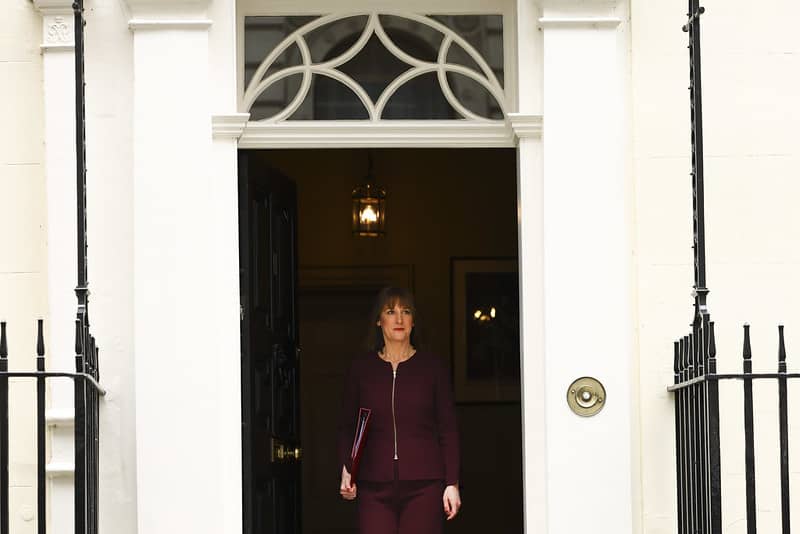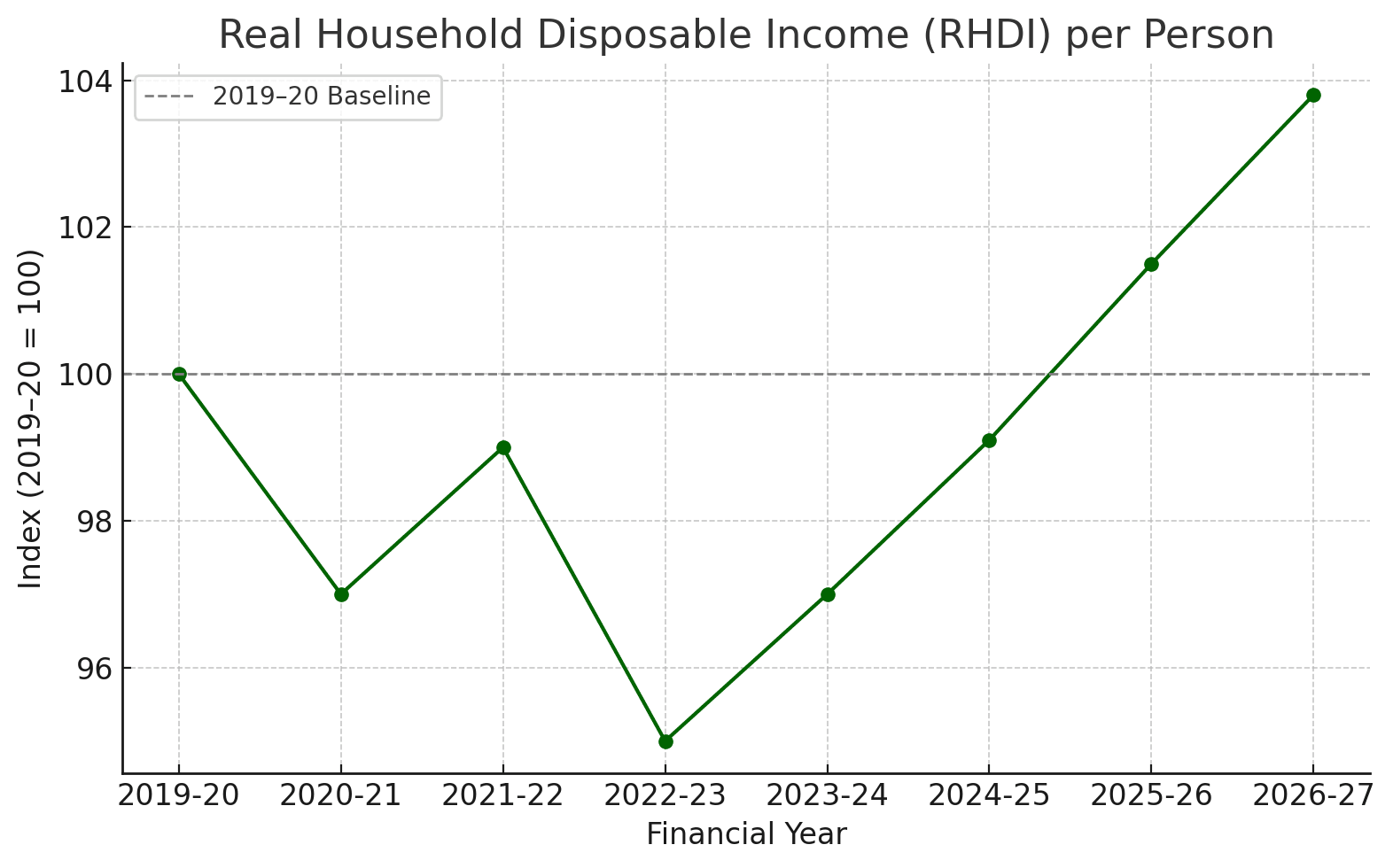Low-income Households to be "Significantly Worse Off"
- Written by: Sam Coventry

26/03/2025. London, United Kingdom. Chancellor Rachel Reeves leaves No 11 Downing Street to deliver her Spring Statement. Picture by Alecsandra Dragoi / Treasury.
The majority of people won't be better off.
The Chancellor of the Exchequer has claimed in Parliament that working households will be better off by about £500 on average in 2025/26.
However, economists who have interrogated the data disagree, while the Office for Budget Responsibility warns living standards will only improve at below-trend growth rates.
In response to Rachel Reeves's £500 claim, an economist at the National Institute of Economic and Social Research (NIESR) said:
"Recent wage increases have largely loaded on to the top three-tenth of the income distribution, leaving working households in the bottom half of the population significantly worse off compared with affluent households."
Professor Arnab Bhattacharjee, who is Research Lead for Regional Modelling and Microsimulation at the NIESR, explains that with no substantial initiatives targeting low-income households, "the living standards and living conditions of the working poor will continue to stagnate."
Above: Living standards will improve, but economists warn improvements will be loaded onto higher earners.
The Chancellor on Wednesday presented the latest economic forecasts from the Office for Budget Responsibility (OBR) and laid out the government's plans to ensure the UK's finances remained on a sustainable trajectory.
The OBR's new forecasts show a key measure of living standards is forecast to gradually recover over this Parliament, although at below-trend rates.
The measure - Real Household Disposable Income (RHDI) per person (see chart) - is expected to rise above 2019–20 levels for the first time in the Parliament period.
By 2026–27 RHDI per person is forecast to be 3.8% higher than it was in 2019–20.
This recovery is driven by falling inflation, modest real wage growth and a stabilisation in energy and food prices.
But the pace is slower than previously forecast, meaning living standards won't fully recover their pre-pandemic trend for several years.
While inflation is easing, households are still facing higher energy bills (Ofgem cap increases) and rising rents and mortgage costs.




